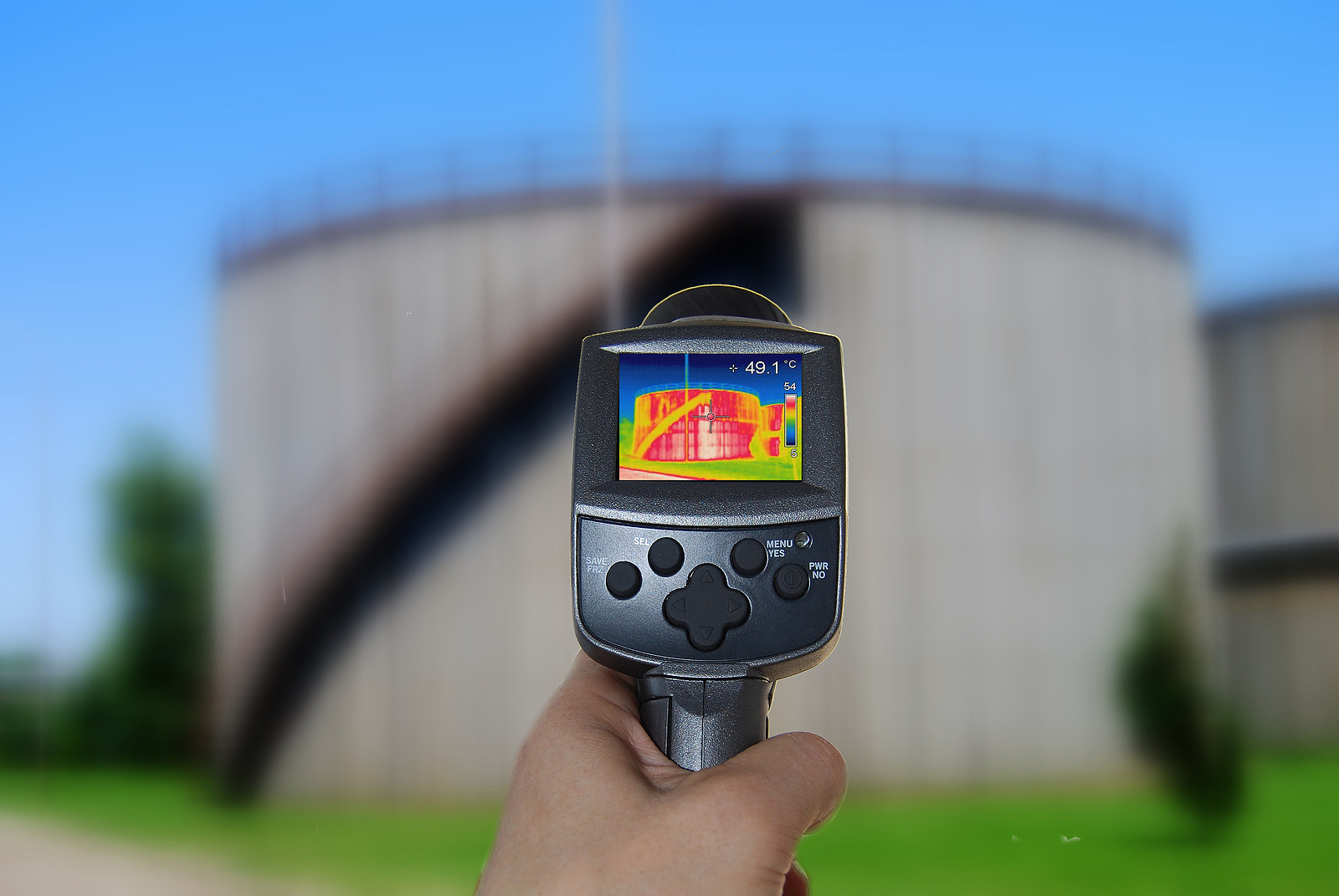Material recovery facilities (MRFs) are resorting to installing thermal imaging cameras in an effort to reduce the risk of fires caused by disposable vapes. The Manchester Evening News (MEN) reports that the lithium batteries inside the e-cigarettes have already caused 37 fires at MRFs or in collection trucks in the region this year.
Greater Manchester Combined Authority (GMCA) and contractors SUEZ are now installing thermal imaging equipment at 10 MRFs at a cost of over £200,000. The cameras will be installed at transfer loading stations and be used to scan waste before it is separated into sorting machinery.
The thermal cameras will detect any smouldering hot spots or fires among the waste. An uncontrolled fire could potentially destroy an MRF, leading to estimated rebuilding costs of £8-£10 million and a timescale of 18 months.
A report to the GMCA’s waste and recycling committee said: “Incidents involving fire and ignition in the waste stream are growing, with regular incidents identified by SUEZ across the network of sites – there were 23 near miss incidents involving fire, smoke and waste ignition in April alone.”
“In most cases the cause has been demonstrated to be small electrical items containing lithium batteries. If the battery casings are damaged during compaction or shredding of the waste, then there is a high risk that the battery will explode resulting in a fire.”
“This risk is increasing as more electrical items containing batteries such as vapes are disposed of in the waste stream.”
Along with many other local authorities, leaders of GMCA have called for a ban on the sale of disposable vapes by 2024. As well as being a hazard for waste collection operators, campaigners claim that single-use vapes are a threat to children’s health and are a waste of precious natural resources, particularly lithium.
Lithium is a finite resource that is used to make the batteries for electric vehicles. Given that the UK government, in line with many of its counterparts around the world, intends to ban the sale of new petrol and diesel vehicles by 2030, demand for lithium is likely to soar in the next few years.
Manufacturers of single-use vapes claim that the product is recyclable, but the reality is that this a very difficult process and recycling rates are very low.
Despite concerns over the way that the products are deliberately marketed to children with bright colours and sweet flavours, some health organisations are not supporting a ban on any vaping products. This is because they can be helpful to people who want to give up tobacco cigarettes, and also because of fears that illegal sales to children would soar.
However, the Local Government Association (LGA) has backed calls for single-use vapes to be banned, in line with other European countries who are expected to bring in bans early next year.
Looking for industrial conveyor belt cleaners? Please visit our website today.





